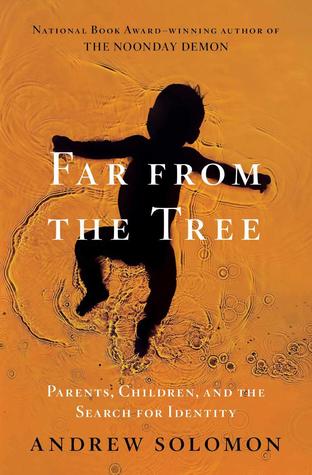More on this book
Community
Kindle Notes & Highlights
Started reading
December 17, 2019
Our children are not us: they carry throwback genes and recessive traits and are subject right from the start to environmental stimuli beyond our control. And yet we are our children; the reality of being a parent never leaves those who have braved the metamorphosis.
Though many of us take pride in how different we are from our parents, we are endlessly sad at how different our children are from us.
most children share at least some traits with their parents. These are vertical identities.
Often, however, someone has an inherent or acquired trait that is foreign to his or her parents and must therefore acquire identity from a peer group. This is a horizontal identity.
A child conceived in rape is born into emotional challenges that his own mother cannot know, even though they spring from her trauma.
Many parents experience their child’s horizontal identity as an affront. A child’s marked difference from the rest of the family demands knowledge, competence, and actions that a typical mother and father are unqualified to supply, at least initially. The child is expressly different from most of his or her peers as well, and therefore broadly less understood or accepted.
Vertical identities are usually respected
as identities; horizontal ones are often treated as flaws.
Parents’ early responses to and interactions with a child determine how that child comes to view himself.
Intimacy with difference fosters its accommodation.


